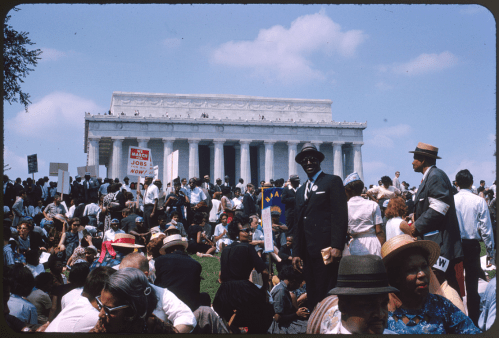First I would like to commend the American Jewish Committee, in particular Rosalyn Borg, and the Center for International Studies at the University of Missouri St. Louis, directed by Dr. Joel Glassman, for having the foresight and the concern to organize a lecture series and program on The Global Perspective of Human Rights. I’d also like to thank both institutions for giving me the opportunity to speak about what I consider the 21st century’s most challenging human rights issue: protecting people under assault in their own countries.
The second half of the 20th century created the foundation for protecting people by establishing international human rights standards and an international human rights system. When Hitler and Stalin murdered millions of their own citizens in the 1930s and 1940s, they were not violating any international human rights agreements and there was no system to try to stop them. It was not until 1948 that the Universal Declaration of Human Rights, the cornerstone of the human rights movement, was adopted. This was followed, over the next 30 years, by the drafting and adoption of specific human rights treaties—against genocide, apartheid, racial discrimination, torture, promoting civil and political rights, women’s rights, children’s rights and so forth. By the late 1970s, active monitoring began internationally of human rights conditions in different countries in terms of these treaties. Indeed, US President Jimmy Carter electrified the world when he said in 1977 that “no member of the United Nations can claim that mistreatment of its citizens is solely its own business.” International organizations, individual governments and non-governmental groups began to expose human rights violations, advocate for the victims, adopt sanctions against violators, establish criminal courts to try perpetrators and create programs to promote democratic institutions in different countries. In short, an evolution took place from a strictly state-centered system in which sovereignty was absolute to one in which the behavior of states toward their own citizens became a matter of international concern and was seen as having bearing on national, regional and international stability.


Commentary
Masses in Flight: People under Assault in their Own Countries
January 16, 2001